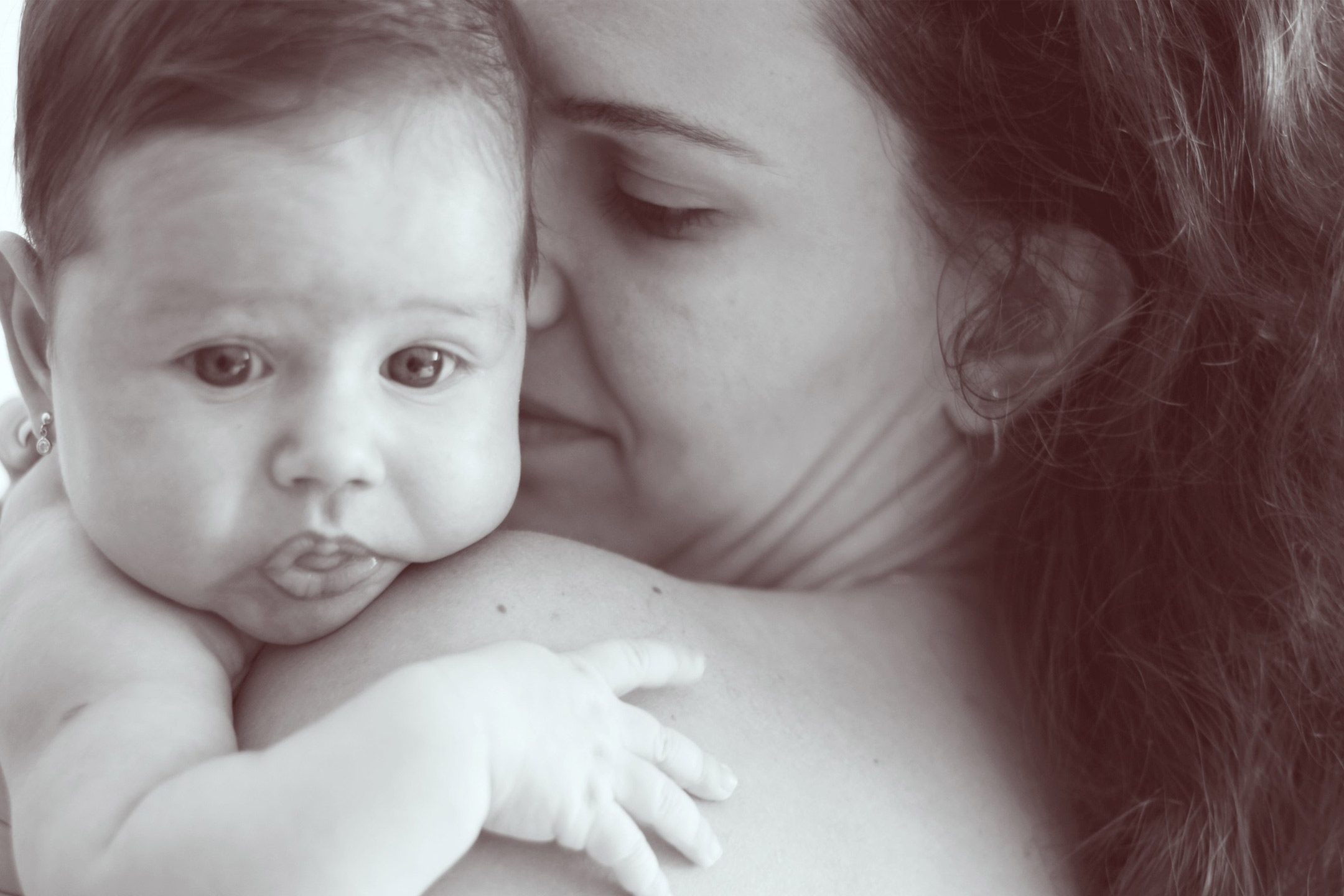
13 Nov Postnatal Depression and Anxiety in new mothers
Amanda Gordon discusses how Postnatal Depression and Anxiety can come to any new mother… even to those who believe that having a new baby is the best thing ever.
Having a new baby is, for most people, the culmination of planning and dreaming. Even if it wasn’t initially on the agenda, you’ve had some months to get used to the idea and ponder your new life. For many, it is the best thing ever, even if a bit scary – even though your life will completely change. Others, however, find the fear of those very changes become bigger than the potential joy. The normal anxiety of being a new parent turns into overwhelming panic. From panic comes feelings of helplessness. Negative emotions pile on top of one another and the result can be a horrible black depression. And you can just feel so alone …
I should add that even some who believe that this is the best thing ever, can experience feelings of depression. They become fearful of their capacity to care for the baby, keep them safe and well and feed them. The crying of the baby can become impossible to bear. The expected feelings of maternal joy don’t just appear with the birth of the baby. Some women begin to believe that they will never love their babies as they should.
There are so many factors that can contribute to postnatal depression.
- Some women have not experienced happy relationships with their own mothers. They don’t know how to be kind mothers themselves without someone to model themselves on.
- Some women are so perfectionistic that they can’t forgive themselves for making the wrong guesses when caring for their babies. Changing a nappy when the baby is hungry, feeding them when they are really too hot, or waking them from their sleep are not sins nor evidence of poor parenting. Yet this can be hard for some women to believe.
- Some women compare themselves to others. Instead of feeling supported by other mothers, they feel judged or don’t believe that they are measuring up. All of this self-talk about failure or being not good enough can lead to depression.
- Some women become socially isolated once they have their babies. They may have had many of their social and emotional needs met in the workplace. Therefore maternity leave then becomes hell rather than a joy.
- Some women just don’t understand that to be a mother you just have to be GOOD ENOUGH! Good enough to feed the baby when it is hungry, change it when it is dirty, smile at it and have it smile back. Singing to your baby is so good for the baby (and for you) and takes no skill at all. Your baby won’t notice that you are tone deaf! Your house does not have to be perfectly tidy. The ironing does not have to be done. The sink doesn’t have to be empty of dishes for you to be a good enough mother.
To be a good enough mother, you need enough sleep yourself. Perhaps there is someone in your circle of friends who can allow you to have a nap during the day while they hold a crying baby?
To be a good enough mother, you have to have enough sustenance that your brain will function and you can make decisions. You have to give your baby enough food too. If that means you can’t breastfeed, then feed your baby formula with joy, and be a good enough mother.
Don’t allow anyone to judge you. Being a good enough mother, for most women, means asking for and receiving help.
It’s pretty tough to do it entirely alone. If you don’t have a supportive partner, reach out to your network and see whether there is a way of supporting each other.
If you are aware of a new mother who is struggling, who is looking frazzled and intense, who is anxious about their mothering, just reach out and offer support.
Offer some practical support first. Maybe cook them a meal or offer to hold the baby while they sleep.
Support has to be unconditional and non-judgemental. That means going along with and supporting the mother in her parenting style. If you think she is making life hard for herself, perhaps indicate a different way of achieving her goals. But do so in a way that gives her a choice and a pathway towards doing something new and retaining her dignity.
Often, the best support is friendship. We can all reach out our hands to someone who is struggling. Sometimes, once you have done that, you recognise that your friend is still needing help. You may then be in a position to direct them to a psychologist or other professional who may be able to help.
When a new mother becomes depressed, it affects her and her new baby, as well as others in her network. It can make it much harder for her to bond with the baby, which is vital if the baby is to develop well. When simple strategies of assistance and friendship don’t work, please help her get professional help. It will help the proper balance between mother and baby to be restored and they can joyfully grow together.
About Amanda….
Amanda Gordon, Director of Armchair Psychology, is experienced in helping people deal with the full range of life crises, including managing relationships, coping with grief and loss, dealing with stress from a particular crisis, and managing change. She works with individuals, couples and families, helping them enrich their lifestyle and their effectiveness in the world. She is an endorsed specialist Health and Clinical Psychologist, and a member of each of those specialist Colleges of the Australian Psychological Society. In addition to her 25 years+ clinical practice, Amanda is also a sought-after media spokesperson.




